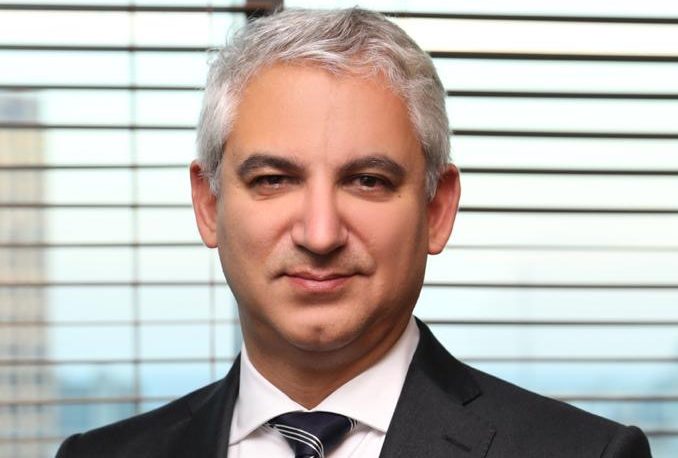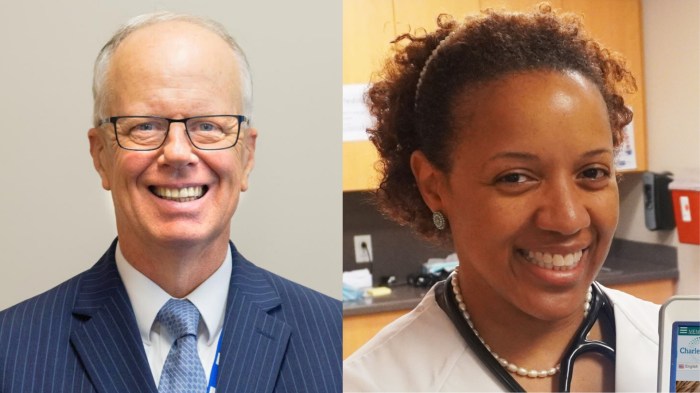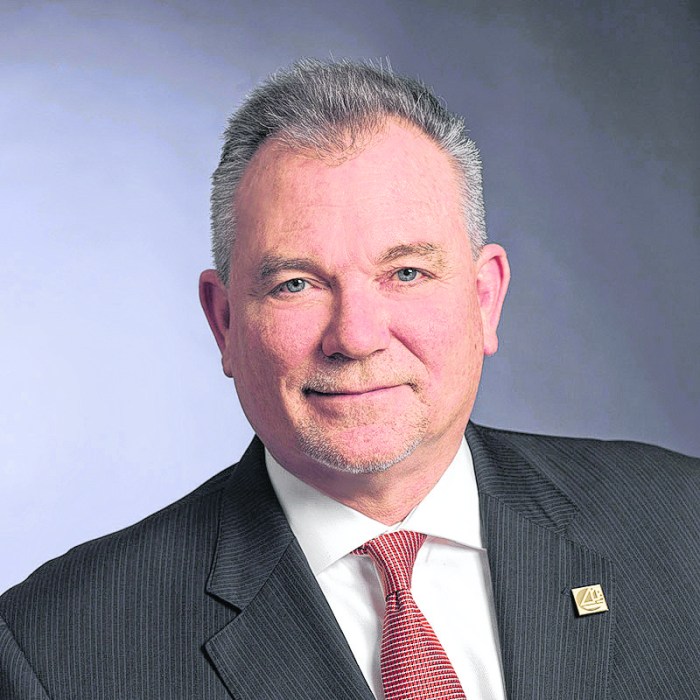Dr. David Samadi is the Director of Men’s Health and Urologic Oncology at St. Francis Hospital, one of the top hospitals on Long Island. Dr. Samadi is a world-renowned prostate cancer expert and robotic surgeon having performed over 7,000 prostate cancer surgeries. Saving men’s lives from the second most common cancer in men is Dr. Samadi’s passion and he wants men to know that a healthy and fulfilling life is within their reach.
A Persian Jew who grew up in Iran, attended all-boys Catholic schools and was forced to flee during the Iranian revolution. Dr. Samadi graduated from Roslyn High School before heading off to residencies at Mt. Sinai and Columbia, Dr. Samadi has recently come home. He was appointed to a new position as the director of men’s health and urologic oncology at St. Francis Hospital.
We asked Dr. Samadi — who regularly appears for his urology expertise on Fox & Friends, Sunday Housecalls and a frequent contributor to Newsmax — 5 questions to help assist men and their families who are researching treatments for prostate cancer.
What is robotic surgery? How invasive is it?
Dr. David Samadi: There is no cutting open — we make five or six tiny holes in the abdomen and we connect the robot to the abdomen and perform the surgery that way. Pain is minimal and the patient wakes up an hour and a half later with the prostate being removed and does very well.
To step back, robotic surgery is a culmination of the experience that I gained in open surgery and my laparoscopic skills. Now with the use of robotic surgery, which means full range of motion for instruments, magnifications, and lighting, working in a bloodless field, we’re able to do a much more accurate operation where years ago this would have led to complications and incontinence.
Does the cure rate for robotic surgery exceed the cure rate of radiation?
Dr. Samadi: Yes, there are some studies that argue that surgery, especially for younger patients, has higher benefits and longevity. In the hands of an experienced surgeon, the advanced robotic technique saves the nerves and allows for quality of life for the patient, so they can control their urination and their sexual function. The outcome and results as far as cure rates is excellent. When the prostate cancer is contained, and it’s only in the organ, survival rate at 10 years is over 90%.
An important thing about surgery is that we’ll get an accurate idea of how much cancer you had by examining the organ post-surgery. In addition, it avoids fluctuations in men’s prostate specific antigen (PSA) levels causing undue worry and with the prostate gland removed. Surgery is a preferred mode because if there is any recurrence after surgery, radiation is still an option. But if you start with radiation and cyberknife and there is recurrence, surgery is very challenging and almost impossible.
How do you work with your patients?
Dr. Samadi: The men I work with are more than just patients to me – they are part of my extended family and they can get in touch with me day or night. They have my cell number. Many patients are naturally filled with anxiety about prostate cancer surgery. I pride myself on addressing their concerns by answering any questions they or their family have right away. This is not just another job to me – I am loyal and committed to the men I treat. My goal is to always be warm and caring when my patients need me most.
Why are you sometimes referred to as “Robodoc”?
Dr. Samadi: It’s a title I am quite proud of. I personally oversee each surgery from beginning to end. My patient load comes from around the world representing over 45 countries for many traveling to seek my professional expertise on prostate cancer.
They come to me for my impeccable reputation for detail and precision. They know I aim to succinctly explain why prostate cancer surgery is advantageous over radiation and that they are in good hands.
You created the Samadi Modified Advanced Robotic Technique (SMART). Can you describe this technique?
Dr. Samadi: I was mentored in Paris by Dr. Claude Abbou, a pioneer in the field of robotic radical prostatectomy, where I was first introduced to laparoscopic surgery. I was so fascinated and successful at it that I went on to use my knowledge and experience through years of work and research to create SMART. It is a modified advanced technique to perform robotic prostate surgery in order to achieve what is considered the trifecta of prostate cancer: complete removal of a man’s cancerous prostate, urinary control and complete sexual functioning.
If you’ve been diagnosed recently with prostate cancer, or know somebody who has, get in touch with Dr. Samadi here prostatecancer911.com
You can also reach him at his office located at 485 Madison Avenue, New York City, 212-365-5000.
































